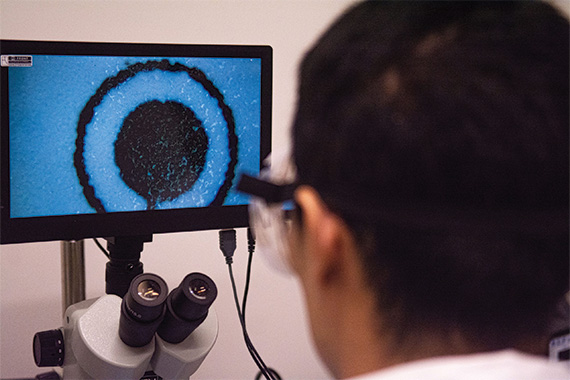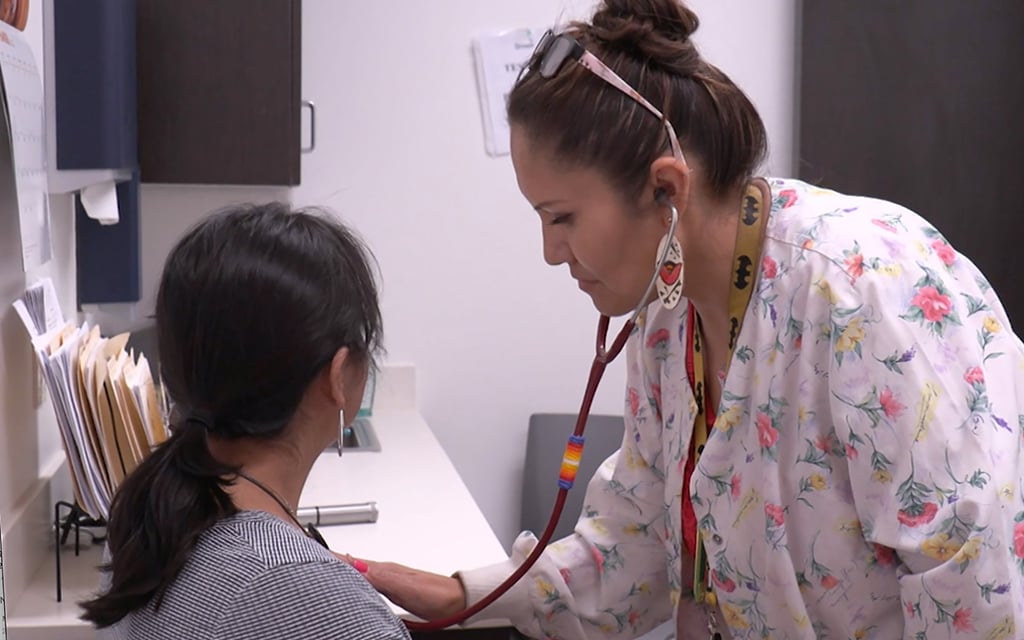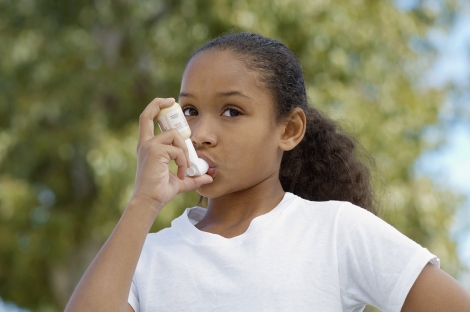Millions of people who visited Sydney’s CBD during the holidays may have been exposed to legionnaires’ illness, prompting health officials to issue an urgent alert. Seven persons, ranging in age from 20 to 70, have been diagnosed with the potentially fatal lung condition, raising concerns about its spread. NSW Health advises those who have visited specific places to keep an eye out for symptoms such as coughing, fever, shortness of breath, and headaches. The Legionella bacteria-caused sickness can cause serious chest infections and pneumonia, prompting concerns among health officials.

Legionnaires’ Disease: Causes and Risks
NSW Health issued a health alert urging vigilance among individuals who visited Sydney’s CBD since Christmas Eve. Seven cases of legionnaires’ disease have been confirmed, leading to heightened concerns about potential exposure to the illness.
Individuals exposed to specific locations in Sydney’s CBD, including Bathurst St, Sussex St, Elizabeth St, and Circular Quay, are advised to stay alert for symptoms. Key indicators of legionnaires’ disease include cough, fever, shortness of breath, and headaches. The affected individuals spent time in these locations ten days before experiencing symptoms.
Legionella bacteria thrive in large buildings, particularly in warm climates, and can contaminate water supplies. Common sources of contamination include swimming pools and air conditioning units. Legionnaires’ disease can cause severe chest infections and pneumonia, potentially leading to death, particularly in individuals with weakened immune systems.
READ ALSO: Whooping Cough Outbreaks Spark Health Concerns in Eastern U.S.
Treatment and Antibiotic Use
The disease is typically spread by inhaling contaminated water particles from cooling systems. In rare cases, human transmission may occur. A variant of the disease can be contracted through soil and potting mix. Recent years have seen an average of 400 reported cases annually in Australia. While legionnaires’ disease can affect anyone, individuals with weakened immune systems, chronic diseases, HIV/AIDS, or those over 50 face greater risks. The World Health Organization estimates mortality rates between 5 and 10%, rising to 30% among immunocompromised individuals. No vaccine is currently available for those exposed to the bacteria.
Treatment involves antibiotics, with doxycycline commonly prescribed. Diagnosis includes chest X-rays and tests using urine or phlegm samples. Hospitalized patients may receive ventilator support. No specific vaccine exists for individuals who contract Legionnaires’ disease due to exposure to Legionella bacteria.
READ ALSO: Fireworks Anxiety: Lingering Effects on Pets Raise Concerns Among Owners and Veterinarians



